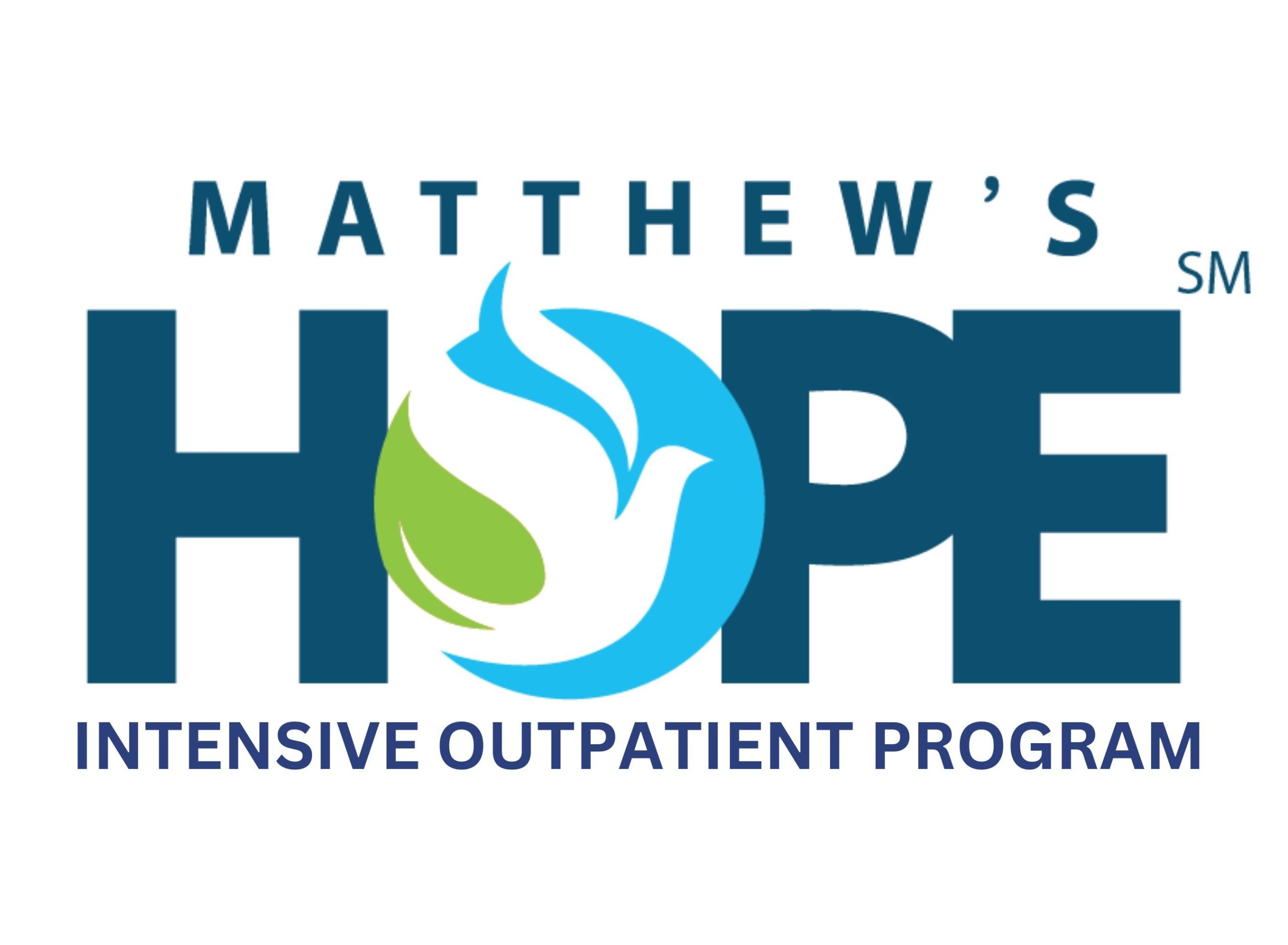When a loved one is struggling with addiction, it’s natural for family members to want to help. Unfortunately, many states have rules about whether you can commit someone to detox or rehab. Many states, like Texas, set a high bar for involuntary commitments, so you can’t commit someone unless they are going to harm themselves or someone else.
While you might not be allowed to commit someone if they don’t want to go into treatment, you may be able to convince a loved one to go to detox or rehab. By learning about an addiction and how to support your loved one, you can help them get the treatment they need. As soon as your loved one expresses an interest in going to rehab, you’ll be prepared to immediately help them begin their treatment process.
Can You Commit Someone to Rehab?
Unfortunately, the answer to this question is generally no. Most states have extremely high standards for involuntary commitments, so you can’t just commit someone to rehab. Instead, you must find a different way to get them to go to rehab.
How to Get Your Loved One to Commit to Rehab
While getting a loved one into treatment can’t be done on an involuntary basis, you may be able to convince a loved one to go. Creating an intervention plan and staging an intervention can be done by you and your family members. For your intervention to be successful, you should use the following tips.
Get Educated About Addictions
Before you can confront your loved one about their addiction, you need to know what you are talking about. Take some time to learn about what causes an addiction and potential treatment methods. You should also spend some time learning about which drugs the individual uses and whether they have any co-occurring conditions.
Consider an Intervention Plan
Interventions can be highly emotional moments and uncomfortable for everyone involved. To make this experience as positive as possible, gather a group of loved ones together. Then, you can decide how you want to stage the intervention.
Stay Objective
Substance abuse and addiction affects the entire family. Because of this, it can be hard to stay objective and calm. Try to focus on the facts during the intervention, so your loved one doesn’t feel like they are under attack.
Remain in Control of Your Emotions
Many people use intervention specialists because it can be difficult to stay calm during an intervention. You want to stay as calm as possible, so you can really listen to what the other person has to say. The only way you can help the other person is by calmly discussing the matter, so it’s critical to control your emotions as much as possible.
Avoid Being Judgmental
If you’re hoping to commit someone to rehab, you need to avoid being judgmental. When someone has a substance abuse problem, they are already more judgmental about their own behavior than anyone else. Instead of making them feel defensive or ashamed, your goal is to provide your loved one with emotional support and a clear way to get help.
Respond Quickly
Once your loved one is ready to start their treatment, don’t wait for them to change their mind. You should immediately help them get into treatment. Otherwise, your loved one may put off taking the next step and eventually decide not to go.
Learn About Interventions and the Next Step
While you can’t commit someone to rehab, you can convince them to go on their own. If you have questions about how to get your loved on to commit to treatment or are trying to stage an intervention for your loved one, you can reach out to us at Matthew’s Hope Detox and Recovery Program for more information and support.



